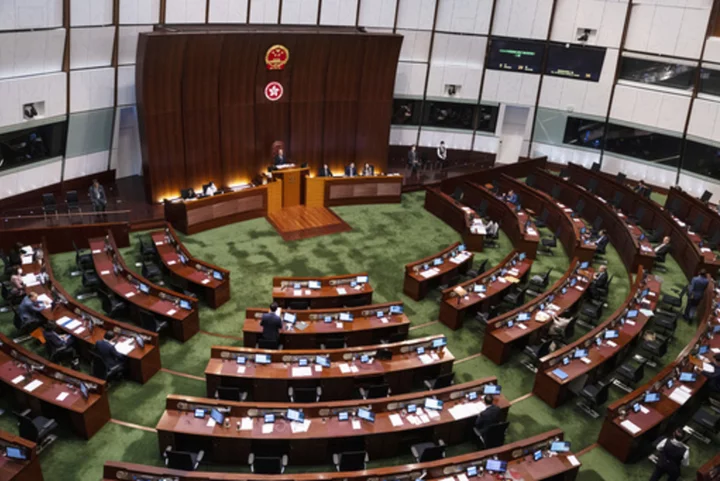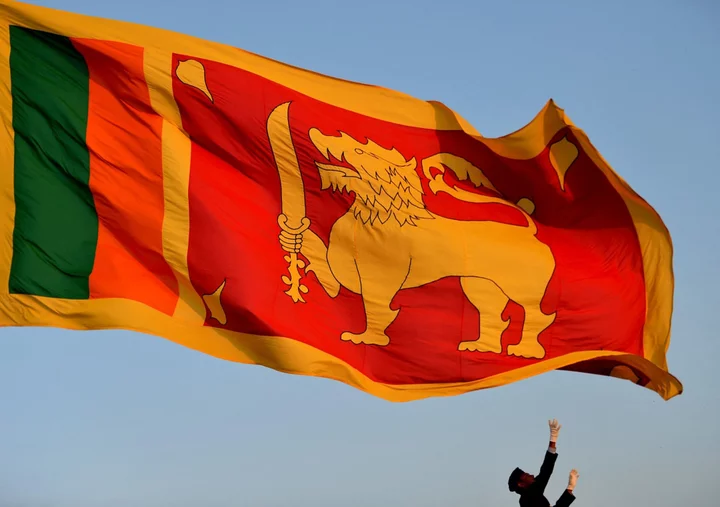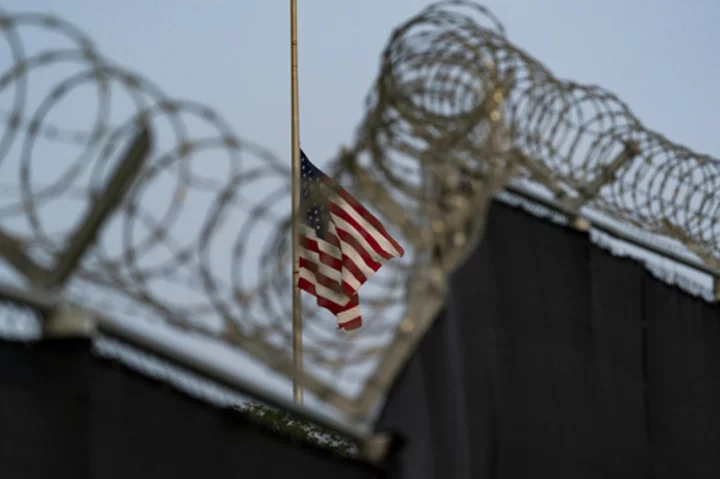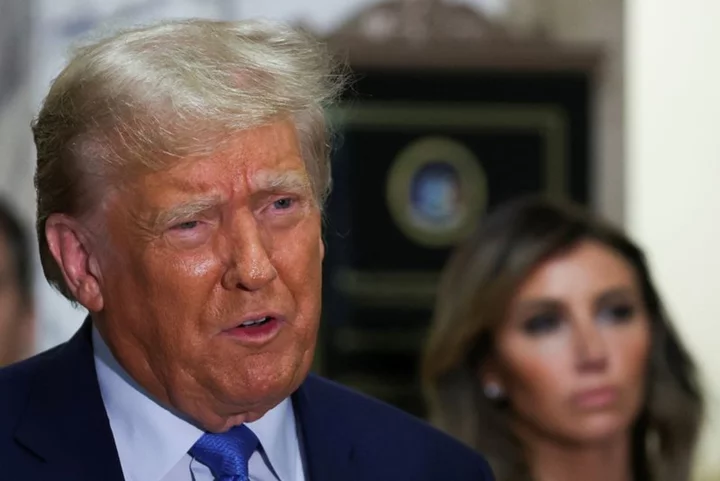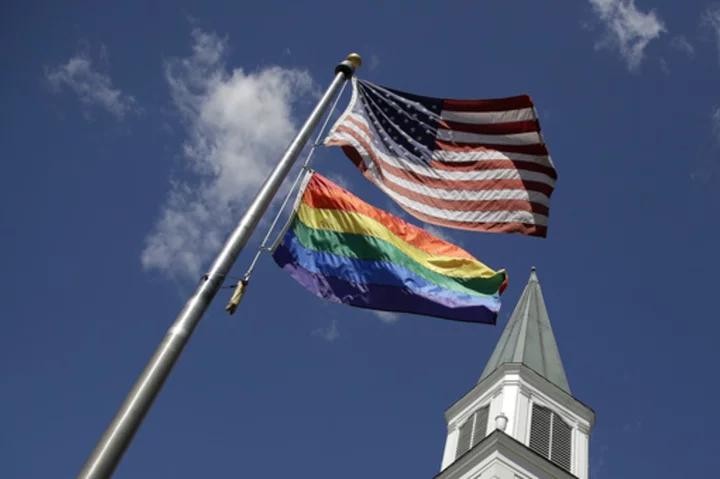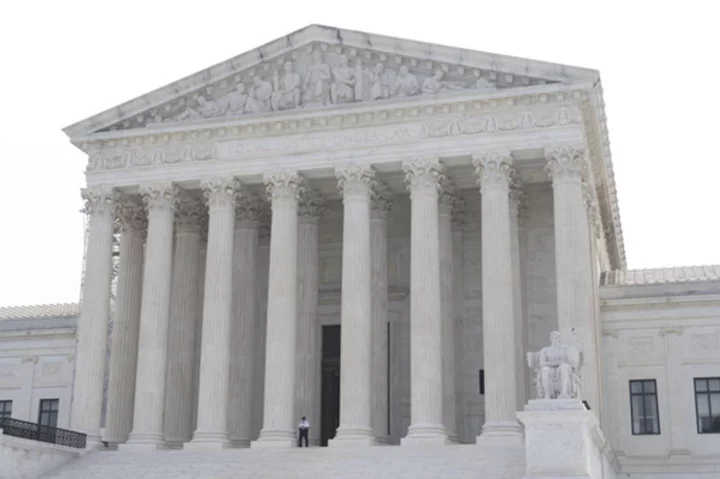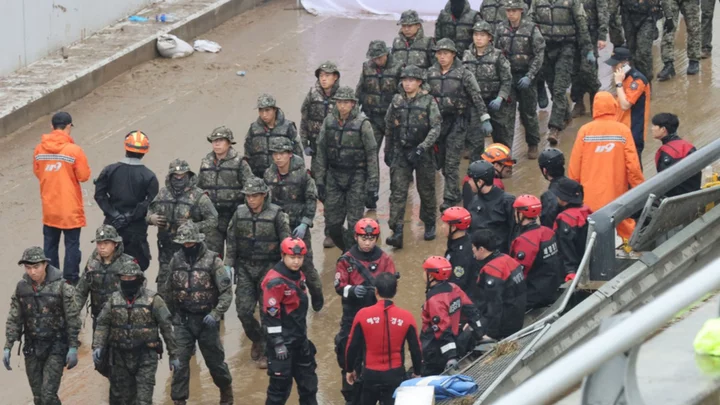HONG KONG (AP) — Hong Kong lawmakers on Thursday passed an amendment to a law to eliminate most directly elected seats on local district councils, the last major political representative bodies chosen by the public, shutting down further democratic challenges in the city.
The changes include slashing the proportion of directly elected seats in the municipal-level organization being from some 90% currently to just about 20% — even lower than the level when these bodies were first set up in the 1980s, when Hong Kong was ruled by Britain.
The rest of the 470 seats will be filled by members appointed by the chief executive, rural committee chairpersons and others elected by local committees that are packed with pro-establishment figures.
All incoming councilors will be vetted by a committee to ensure “patriots” are administering Hong Kong. A performance monitoring mechanism will be introduced for “sanctioning misconduct” of councilors.
The electoral overhaul reflects Beijing’s increasing control over Hong Kong following months of mass pro-democracy protests in 2019. In 2021, Hong Kong amended its electoral laws for its legislature, drastically reducing the public’s ability to vote and increasing the number of pro-Beijing lawmakers making decisions for the city.
Analysts said the latest amendments would marginalize public participation in the city's affairs, warning that the government could further lose popular support.
In the past, elections for city district council seats typically drew little international attention as the councilors mainly handled municipal matters, such as organizing construction projects and ensuring that public facilities are in order.
But the councils took on importance after the city’s pro-democracy camp won a landslide victory in the last poll at the height of the anti-government protests in 2019. The camp then hailed its strong gains in the race as a “victory” for the Hong Kong people.
Many pro-democracy district councilors resigned in 2021 after authorities introduced an oath-taking requiring them to pledge allegiance to the city. Their mass resignations followed media reports that councilors may have to repay their wages if they are later disqualified from office, which the government had not confirmed or denied at the time.
Critics regarded the requirement as part of a broader crackdown on the pro-democracy movement after the enactment of the sweeping national security law in 2020.
The resignations and other disqualifications had left about one-third of the 479 councilors still working, the government said.
The bill passed Thursday unanimously by the city’s legislature, as most legislators are largely pro-Beijing. Many lawmakers, including Regina Ip, voiced their disapproval over the performances of some pro-democracy councilors elected in 2019.
“The councils became increasingly radical and turned into a very big resistance that obstructs the government's work and many measures that aim to improve people's livelihood," said Ip, a leading member of the Executive Council, Hong Kong’s Cabinet.
But John Burns, an honorary professor of politics and public administration at the University of Hong Kong, said the drastic cut in the number of directly elected seats would undermine a legal and legitimate way for the people to communicate with authority.
“Hong Kong has never been a democracy,” he said. “The changes do, however, roll back political participation, which could further undermine Hong Kong people’s support for the government.”
Kenneth Chan, professor at Hong Kong Baptist University's government and international studies department, said the overhaul aimed to install pro-government representatives through heavily controlled methods.
“The district councils are expected to degenerate into echo chambers for the administration, and will no longer serve as a key platform for democratic reforms at the grassroots level,” Chan said.

